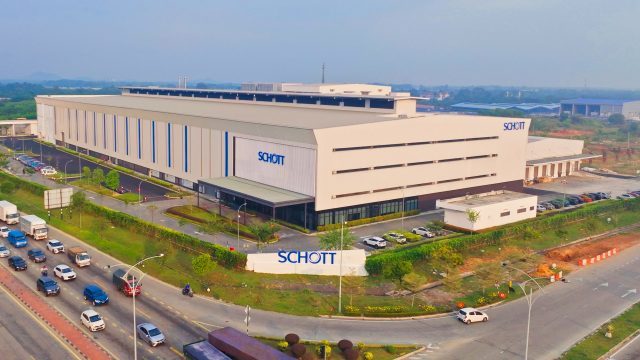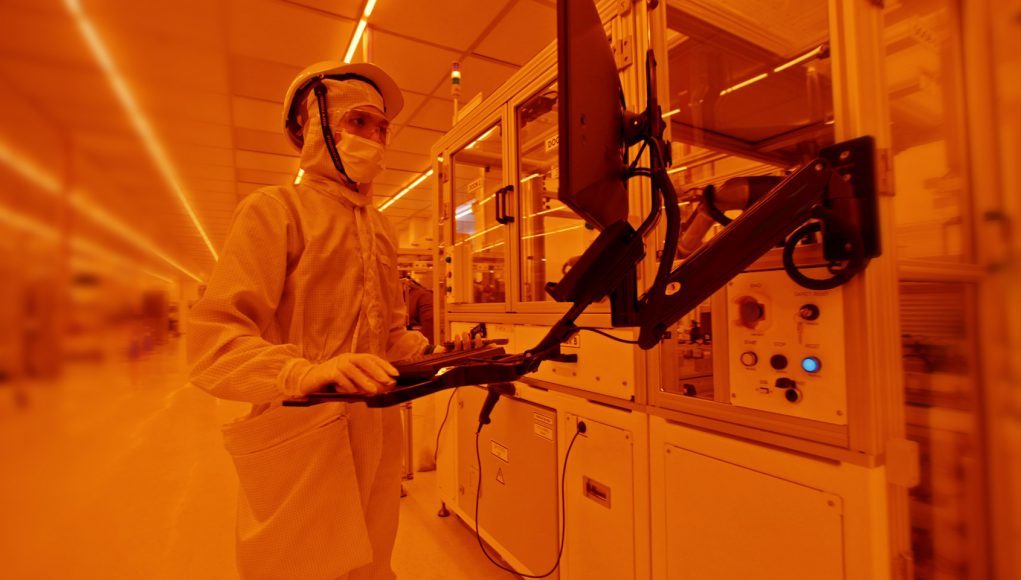In a strategic move that underscores the expected growth of the AR industry, SCHOTT—a global leader in advanced optics and specialty glass—has announced the completion of a new production facility in Kulim, Malaysia. This development comes just a day after Meta unveiled its latest AR glasses prototype.
The new facility in Kulim is set to significantly boost Schott’s production capacity for optical components, which are crucial for AR devices. The plant is expected to create approximately 400 engineering and production jobs.
“This new site will significantly enhance Schott’s capacity to supply high-quality optical components to international high-tech industries, including Augmented Reality (AR),” the company says.

Schott’s expansion is timely, aligning with the industry’s anticipation of a surge in demand for AR lenses and optical components. The company’s longstanding presence in Penang, Malaysia—where it has operated for 50 years—has laid a strong foundation for this new venture. The Kulim facility complements the Penang site, enhancing Schott’s ability to supply high-quality optical components to international industries.
The announcement closely follows Meta’s reveal of its ‘Orion’ AR glasses prototype, highlighting a significant industry push towards more immersive and compact AR experiences. For AR to become a mainstream technology, it needs to be built upon technologies than can be affordably manufactured at scale. Schott’s expertise in delivering high-precision optics—and its anticipatory expansion—positions the company to be a key supplier in this evolving market.
Schott has been a longstanding partner of Lumus, which makes unique waveguides for AR. It’s likely the new facility has been geared toward the kind of manufacturing needed to manufacture Lumus optics at a large scale. Meanwhile, Meta says it new Orion glasses rely on silicon carbide lenses, rather than glass, to achieve a wide field-of-view.
Schott’s Advanced Optics business unit has a global manufacturing network with centers in Germany, North America, Switzerland, and China; the expansion in Malaysia is a strategic addition to this network.







